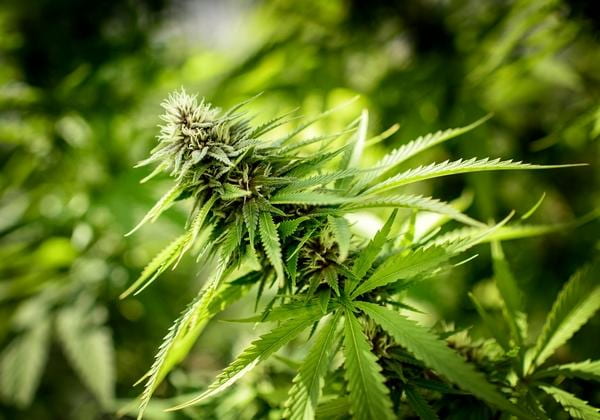There has been much talk and some legislation about legalizing marijuana in several states. A neighboring country, Canada, has recently legalized its use. In considering this proposal for New York, we need to understand that drug’s effect on the brain, especially the teenage brain.
The adolescent brain continues to develop and mature until about age 25. The executive function areas of the brain, involved in planning, organizing, decision-making, and learning develop much later than other areas of the brain. According to the National Institute on Drug Abuse, studies have shown that when marijuana is consumed, THC and other components enter the bloodstream, reach parts of the brain, and attach to cannabinoid receptors. This causes problems in memory, learning, coordination, judgment, and reaction time. It can also cause hallucinations and paranoia. Use of marijuana can cause difficulties in academics, athletic performance, and impaired driving ability. Unfortunately, marijuana use has greatly increased in those states that have legalized it.
Parents need to be vigilant about educating their teens as to the side effects of marijuana, whether or not recreational use ever becomes legal. After recreational marijuana use was legalized in Colorado in 2013, youth use increased tremendously. Just as the sale of tobacco products is prohibited for teens, the NYS Medical Society recommends that the sale of marijuana should be prohibited to anyone under the age of 25. The NYS Medical Society also recommends prohibiting the sale of any flavored type of marijuana (which tends to attract teens).
Medical research of marijuana needs to be promoted, and the health risks for our young people who use it need to be explained and widely available to parents.
All Blogs are written by Professionals in the fields of Nutrition, Human Development and Diabetes.
